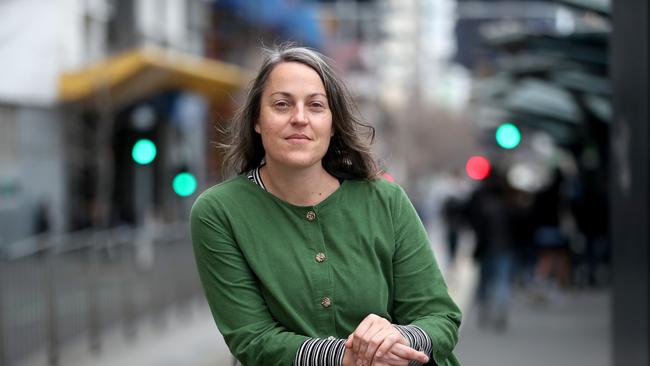Two former university heads back new free speech journal
Two former university vice-chancellors have backed the new Journal of Controversial Ideas, being launched soon by renowned Australian philosopher Peter Singer.

Two former university vice-chancellors are backing the new Journal of Controversial Ideas, to be launched by philosopher Peter Singer, which aims to allow researchers to publish freely without being intimidated by those who disagree with them.
Former University of Canberra vice-chancellor Don Aitkin said the journal was “a great idea” but Professor Singer and his two academic colleague co-editors could face difficulties.
“How you keep it going and how you keep it from being deplatformed — that would be the difficulty,” said Professor Aitkin, a political scientist who was founding chair of the Australian Research Council.
The new journal, which will let authors publish under pseudonyms if they wish, is committed to balance, its website saying it is “neutral with respect to moral, political, philosophical, religious and social views”.
“Papers defending ideas commonly considered controversial by liberals or progressives, and those defending ideas considered controversial by conservatives or libertarians, are equally welcome,” it says.
Professor Aitkin welcomed the journal’s commitment to balance. “If it’s just for malcontents, if won’t be very useful or powerful,” he said.
Former Macquarie University vice-chancellor Steven Schwartz said the fact the journal existed was “a pretty damning critique of modern universities … It’s proof there is something wrong, and there is severe resistance to some ideas.”
While he welcomed the journal, he doubted it would succeed in its aim of providing a forum for young academics, still without tenure, who feared that publishing their work would lead to them being targeted and denied tenure and promotion.
“I don’t see how publishing under another name is going to help their careers,” he said.
Flinders University professor of English Robert Phiddian said the ‘culture wars” environment which led to the journal’s policy of accepting papers under false names was a problem.
“The fact that the Journal of Controversial Ideas feels the need to accept anonymous contributions is a sign that we are all losing the culture wars,” he said.
The Journal of Controversial Ideas has two academics from Australian universities on its 50-member editorial board. One is author J.M. Coetzee, a winner of the Nobel prize for literature, who holds a chair at the University of Adelaide. The other is Holly Lawford-Smith, associate professor in political philosophy at the University of Melbourne.
“It has been increasingly difficult to get papers on controversial topics past editors and peer reviewers, as anyone working in gender critical philosophy, as I am, will attest to,” Professor Lawford-Smith said. “This journal sidesteps the woke gatekeepers and allows philosophy’s culture of free deliberation to once again flourish.”
The National Tertiary Education Union, which has a strong record of defending academic freedom and backed physicist Peter Ridd in his battle with James Cook University, indicated the journal could play a role in protecting university staff who spoke out against institutions.
“It says much about the recent attacks on academic freedom that Peter Singer and others will establish a peer-reviewed journal (to) enable authors to publish anonymously to prevent attacks occurring, and because some institutions are unwilling or unable to support a staff member’s rights,” said NTEU national president Alison Barnes.




To join the conversation, please log in. Don't have an account? Register
Join the conversation, you are commenting as Logout